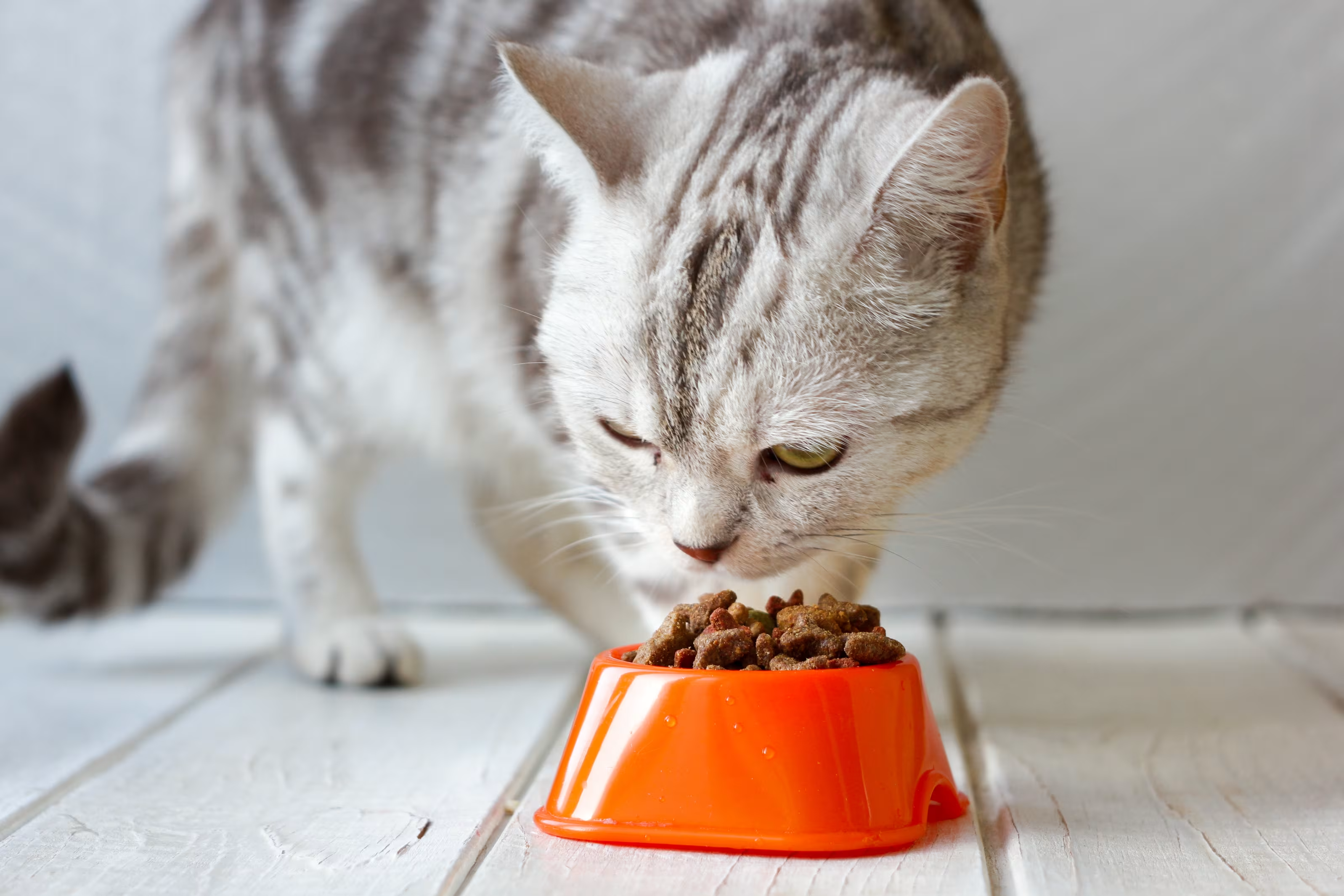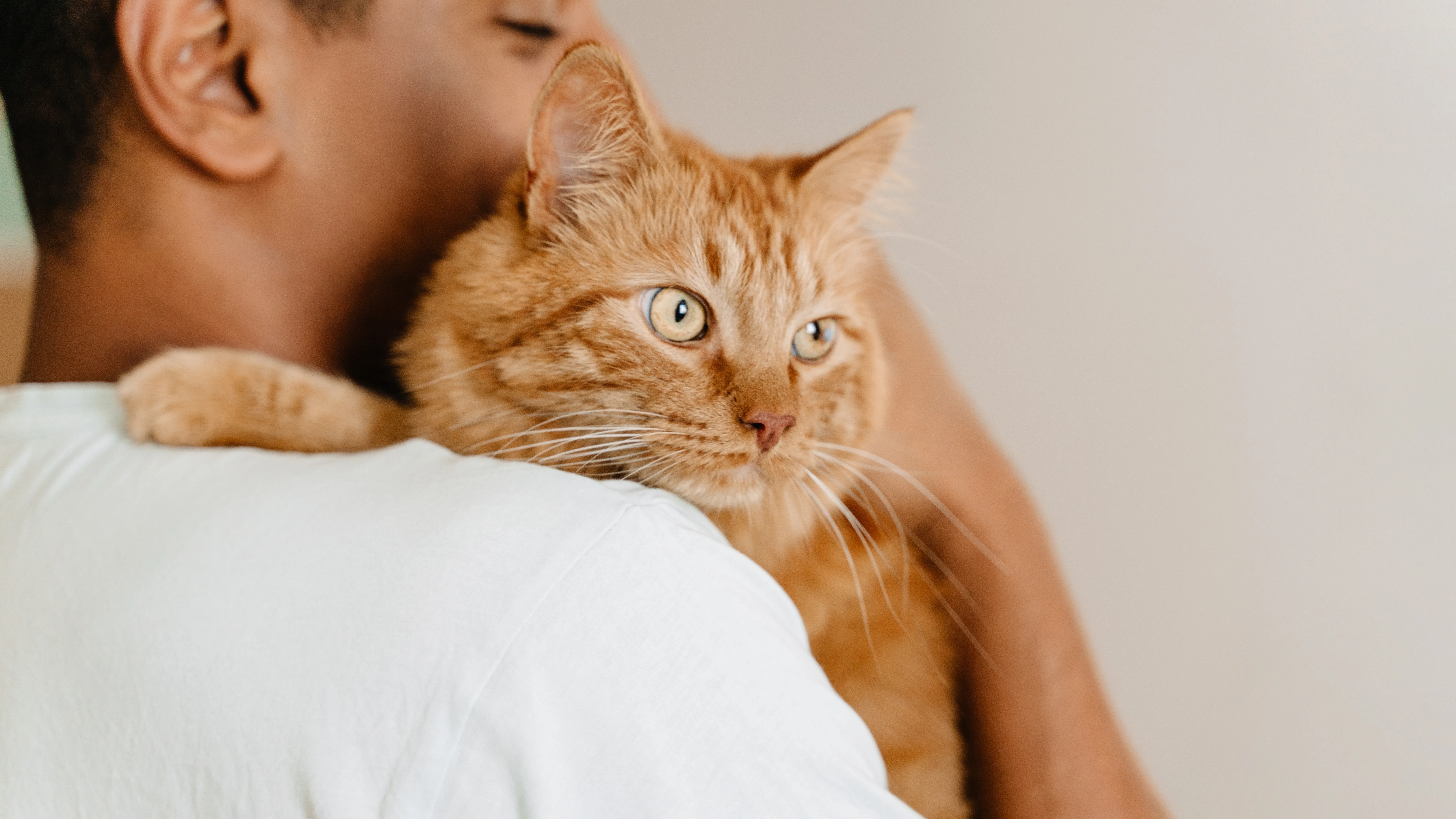Cat Laxatives
Related Searches
Cat Constipation And Digestive Disorder Treatment
Digestion problems in cats are common. They can be caused by a variety of conditions like intestinal parasites, food allergies, inflammatory bowel disease, dehydration, among many other things. One way you can help control symptoms is with prescription medication. While it’s not a cure, it helps stop vomiting, diarrhea, and abdominal pain while working to get your pet’s weight back on track.
To get started, schedule an appointment with your cat’s veterinarian. They will run the proper tests and diagnose your feline. Your pet’s veterinarian will also assign the right treatment whether it’s cat constipation, an ulcer, or any other digestive issue.
Digestive Disorder and Cat Constipation Treatment
Learn about some of the medicine available and how they work:
How To Order Digestive Disorder and Cat Constipation Treatment from Petco?
FAQs about Prescription Cat Digestive Medicine & Digestive Enzymes
Cat digestive medicine refers to prescription medications that are designed to treat digestive problems in cats. These medications can help alleviate symptoms like vomiting, diarrhea, and constipation and improve overall digestive function.
The best prescription cat digestive medicine for your cat will depend on the specific digestive disorder that they are experiencing. A veterinarian will perform a thorough examination, run the necessary tests, and make a diagnosis before recommending a treatment plan that may include prescription medication.
Some commonly prescribed medications for digestive disorders in cats include:
- Lactulose: used to treat constipation and cats with megacolon, as well as hepatic encephalopathy, a complication associated with liver disease.
- Famotidine: used to treat digestive disorders such as ulcers, stomach or esophagus inflammation, and acid reflux.
- Metoclopramide: used to treat vomiting, acid reflux, and to control side effects from chemotherapy.
- Epizyme: used to aid in the digestion of proteins, carbohydrates, and fat when pets suffer from pancreatic insufficiency.
- Sucralfate: used to treat ulcers in the esophagus, stomach, or small intestine.
It's important to follow your veterinarian's instructions carefully and to give the medication as prescribed.
There are several signs that can indicate digestive problems in cats. These include vomiting, diarrhea, constipation, loss of appetite, weight loss, abdominal pain, or flatulence. If you notice any of these signs in your cat, it's important to schedule an appointment with your veterinarian. They can perform a thorough examination and run the necessary tests to diagnose the underlying issue and develop a treatment plan.
Cat digestive enzymes are naturally occurring proteins that help break down food in the digestive system. They are produced by the pancreas and play a crucial role in the digestion of proteins, carbohydrates, and fats.








